Reviewed by Sahil Chopra, MD, and Stacey Gunn, MD.
Research by Savit Malhotra and Theresa Do.
Introduction
Our articles have shown that sleep impacts numerous aspects of our body and mind. One area of growing interest is the connection between sleep health and reproductive health. Research suggests a link between infertility and poor sleep, particularly through mechanisms involving circadian rhythm disruption and sleep apnea, with evidence supporting links in both men and women. We will discuss further the science behind fertility, sleep's impact on fertility, and our treatment and recommendations.
The Science Behind Fertility and Sleep
Sleep health is increasingly recognized as a foundational pillar of overall wellness, including reproductive health. To understand sleep’s impact on fertility, we must begin by understanding the biology behind reproductive health. For the purposes of this article, the terminology “women” and “men” will refer to the biological sexes female and male, respectively. According to a definition provided by Johns Hopkins Medicine, fertility is defined as “a person’s ability to conceive children.”[1] At first glance, the description may seem to be focused primarily on women, given women’s central role in physically bearing children throughout the pregnancy. However, men also play a part in the ability for a woman to conceive a child successfully. To conceive, the man’s spermatozoon (sperm) must fertilize the woman’s oocyte (egg), which depends on a number of factors. Fertility is heavily linked to reproductive health, involving the well-being of the reproductive system and its functions for both individuals.
Reproductive health is controlled by a cascade of hormones, many of which are regulated according to the body’s circadian rhythm. Sleep regulates the hypothalamic-pituitary-gonadal axis, parts of the body that oversee the hormones, and plays a large role in human development, reproduction, and aging.[2] In men, hormones important for fertility include testosterone, luteinizing hormone (LH), prolactin, estradiol, and follicle-stimulating hormone (FSH). One of the most common tests to evaluate their fertility is through sperm analysis. Semen analyses are run to assess sperm count, sperm movement, and sperm shape. Poor sleep impacts testosterone levels, which in turn can lead to lower sperm quality and quantity.[2]
In women, the hormones most involved with fertility include progesterone, estradiol, follicle-stimulating hormone, and luteinizing hormone. Women’s fertility is more complicated than men’s as it involves more factors. Women go through a menstrual cycle each month, which allows the timely release of an egg during ovulation. Hormones constantly fluctuate during the menstrual cycle to prepare the body and uterine lining for pregnancy. Proper sleep allows the consistent occurrence of the menstrual cycle.[3]
Infertility is defined as “the inability to conceive within 12 months”, although infertility is considered to be after 6 months of trying to conceive in women older than 35.[4] For both men and women facing infertility, a doctor may choose to proceed with fertility blood tests.[5] These tests check for hormonal imbalances that can impair high-quality eggs in women or semen in men. Age, smoking status, alcohol and drug usage, medications, and medical conditions can lead to infertility for both women and men.[5]
Effects of Poor Sleep on Fertility
As briefly mentioned, the link between sleep and fertility is critical because sleep plays a vital role in regulating hormones and the reproductive system. Circadian rhythm disruption has been associated with impaired reproductive function. These disruptions can happen from shift work, irregular sleep timing, or extreme chronotypes. Disruption of circadian rhythms can alter the hypothalamic-pituitary-gonadal axis, leading to dysregulated hormone secretion, menstrual irregularity, impaired sperm function, and increased risk of infertility in both sexes.[6,7,4] For example, later bedtimes and wake-up times, as well as differing chronotypes between partners, have been observed more frequently in infertile individuals and couples compared to fertile controls.[8] Sleep timing and chronotypes can impact sexual activity frequency, pregnancy chances, and hormone changes. If chronotypes are mismatched, then it may pose difficulties with partners trying to conceive, as energy levels may differ. Additionally, shift work and sleep disruption are linked to higher infertility risk, including male factor infertility and longer time to pregnancy.[4,9] In men, circadian misalignment and poor sleep are associated with reduced sperm quality and lower total sperm count.[10,9] Testosterone levels are negatively impacted by poor sleep quality and quantity, and therefore, the production of sperm is affected as well.
Obstructive sleep apnea (OSA) is also implicated in infertility, especially in men. OSA is associated with lower testosterone levels, increased oxidative stress, and higher rates of sperm DNA fragmentation, all of which can impair fertility.[11,12,13] A large case-control study found that men with OSA had a significantly higher risk of infertility, and the risk increased with longer OSA exposure and lack of treatment.[11] In women, OSA and habitual snoring are more common in those with PCOS, a condition itself linked to infertility, but OSA symptoms did not directly affect fertility treatment outcomes.[14]

Treatment and Recommendations
There are many causes of infertility in both men and women. Some causes are structural and may require surgical intervention, while others are related to underlying medical conditions that must be addressed separately. However, a subset of infertility is influenced by hormonal dysregulation, and poor sleep quality can meaningfully contribute to these disruptions. For this reason, optimizing sleep is one important component of improving overall health and potentially increasing the chances of successful fertility.
For those who are struggling with sleep apnea and resulting symptoms of infertility, treating the underlying sleep apnea may help to alleviate or even resolve the negative effects. For example, one paper found that, in men with OSA, CPAP therapy can help improve erectile function and even serum testosterone.[15] There are also several other ways in which OSA can be treated. For example, obesity has long been linked to sleep apnea, and losing excess weight is one way in which sleep apnea can be reduced.[16] Limiting alcohol and smoking, adopting a healthy sleep routine, and exercising regularly are additional strategies that can improve sleep apnea symptoms.[17] Dental appliances and positional therapy may also help decrease OSA severity. However, it is important to note that these approaches may not entirely resolve the sleep apnea, and further treatment may be required.
In addition to sleep apnea, insomnia and circadian rhythm disturbances are also common sleep problems that may affect reproductive health. Cognitive Behavioral Therapy for Insomnia (CBT-I) is considered the first-line treatment for chronic insomnia and can help improve sleep quality and sleep continuity. For circadian misalignment, such as irregular sleep schedules, shift work, or delayed sleep timing, interventions such as bright-light exposure in the morning and appropriately timed melatonin in the evening (ideally in consultation with a sleep specialist) can help optimize circadian rhythms.[18]
We recommend that those who have infertility should also be assessed for any sleep disorders that could be contributing to their infertility. Once these sleep disorders are identified, treatment can help alleviate some of the symptoms associated with infertility. However, infertility is a complex condition, and there may be a number of contributing factors along with sleep. For this reason, it is important to be properly tested to help determine the cause of infertility. There are a number of different tests, for both men and women, that one can undergo to best determine the cause of the infertility.[19] These tests can provide better insight into the underlying symptoms, allowing professionals to properly diagnose the root cause. If poor sleep is determined to be the cause, or one of the contributing factors, it is important to note that sleep has often been defined as a modifiable risk factor, implying that by correcting poor sleep, infertility related to hormonal dysfunction may also improve.[15]
Jet Lag and Circadian Disruption
Frequent time-zone travel and the resulting jet-lag (or other kinds of circadian misalignment) can also impair reproductive health. One review found that women exposed to repeated shifts in their light-dark cycles (as in long-haul travel or rotating schedules) tend to experience menstrual irregularities, reduced fecundity, and higher miscarriage rates.[20] For those who travel across time zones regularly, it is our recommendation that these patients recieve proper guidance and counseling on how to minimise disturbances in their circadian rhythm. For example, maintaining as stable of a sleep-wake schedule as possible, using timed light exposure, melatonin, and ensuring adequate recovery sleep are all ways to minimize circadian disruption.
Conclusion
In the past, we have talked a lot about the different ways in which sleep disorders can impact the body. Circadian rhythm disruption and sleep apnea are associated with impaired fertility, likely through hormonal, metabolic, and oxidative stress pathways. As time goes by and research continues, we will continue to gain more insights into the underlying mechanisms for these relationships. If you or a loved one is suffering from a sleep disorder, it is important that you speak with a healthcare professional to discuss a treatment plan. The professionals at Empower Sleep are ready to help you begin on your sleep journey. Visit https://www.empowersleep.com/welcome for more information!
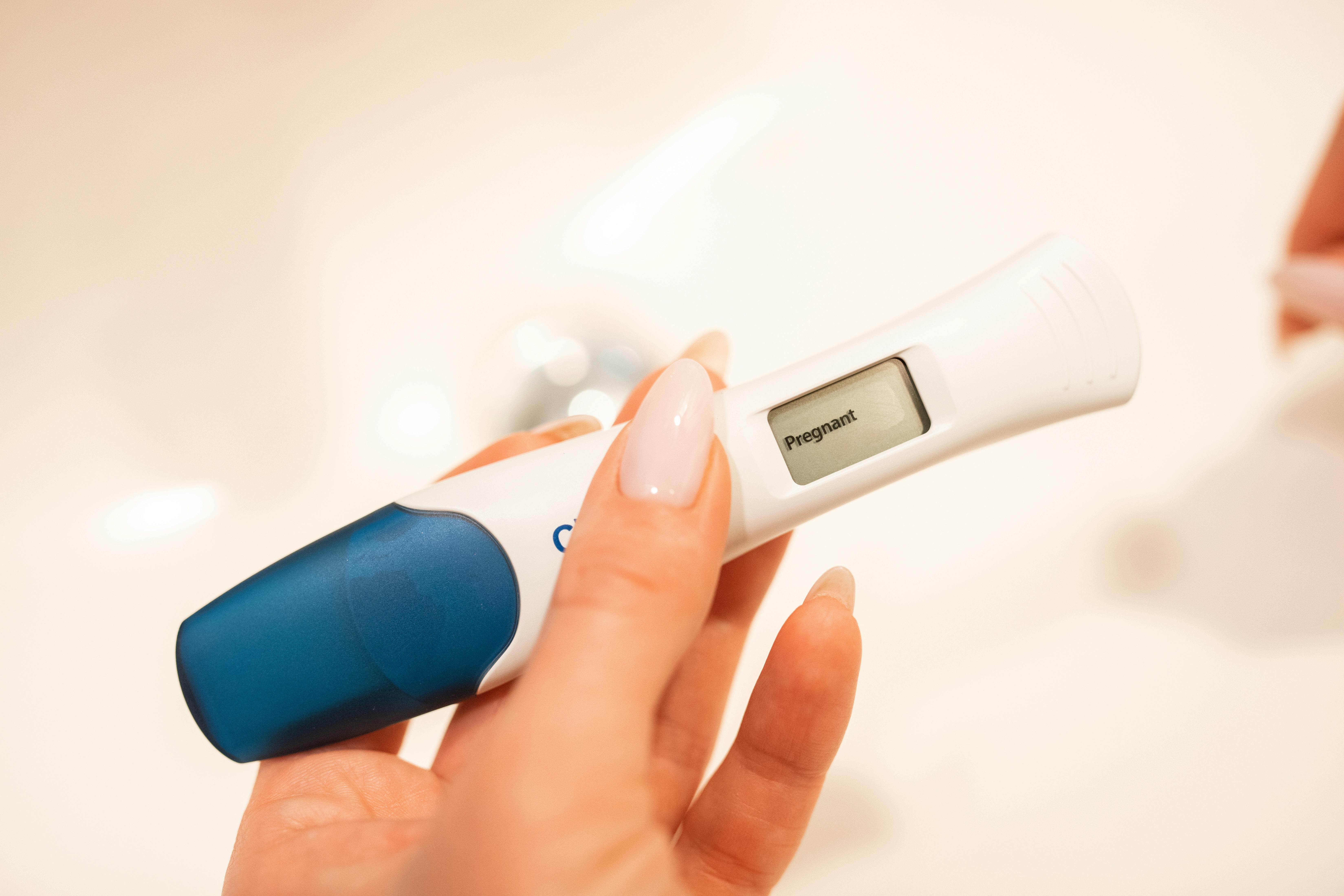










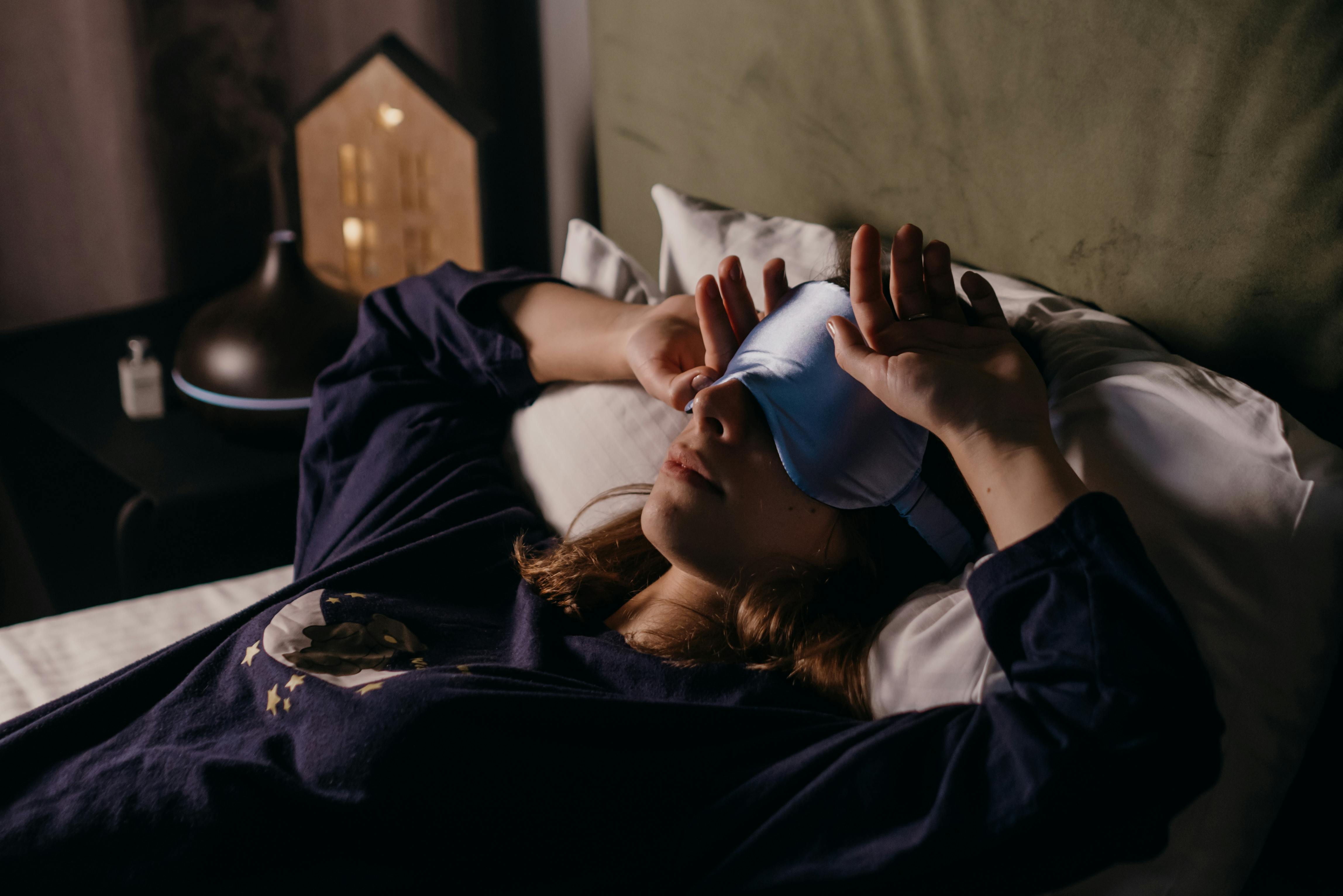









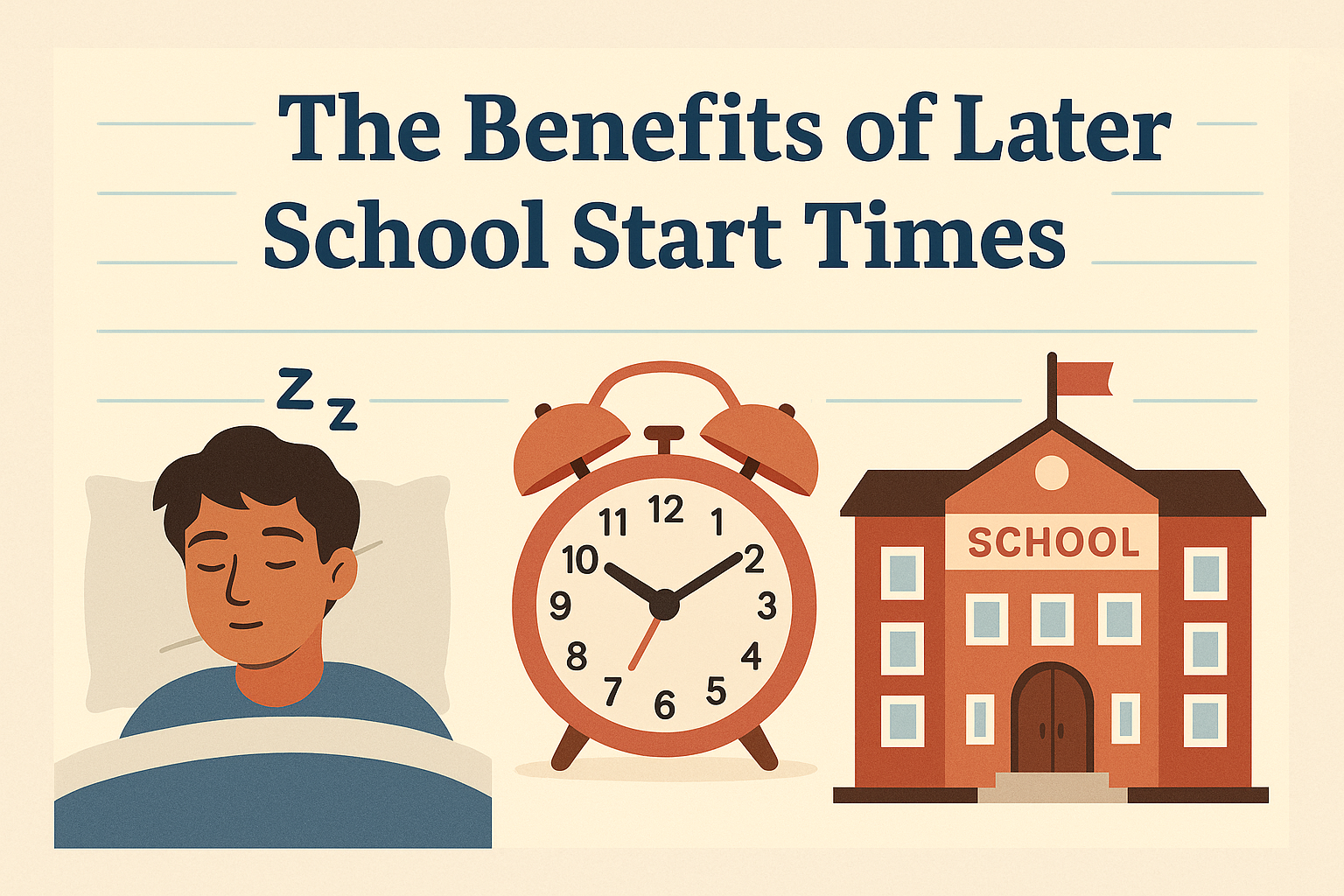

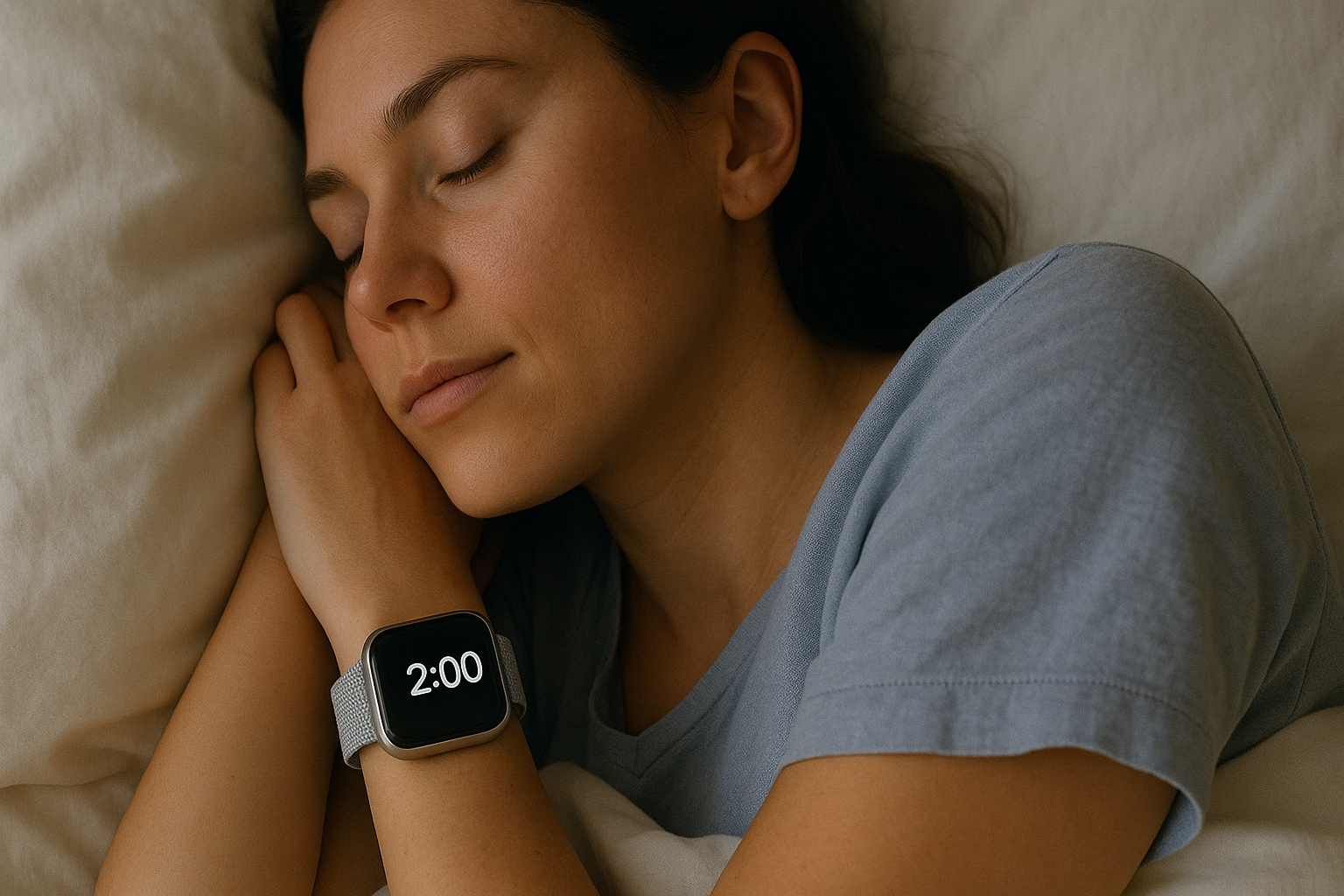


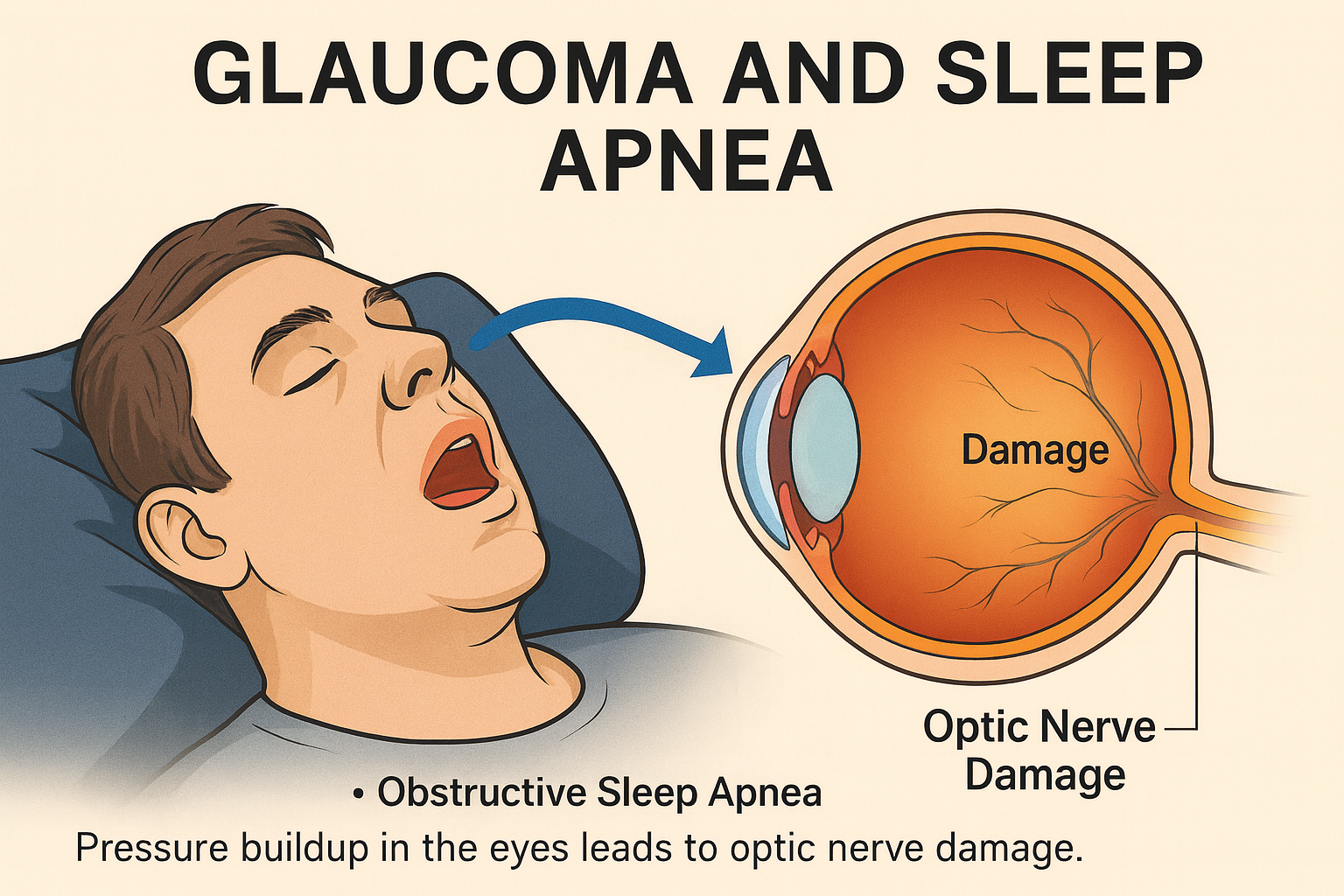

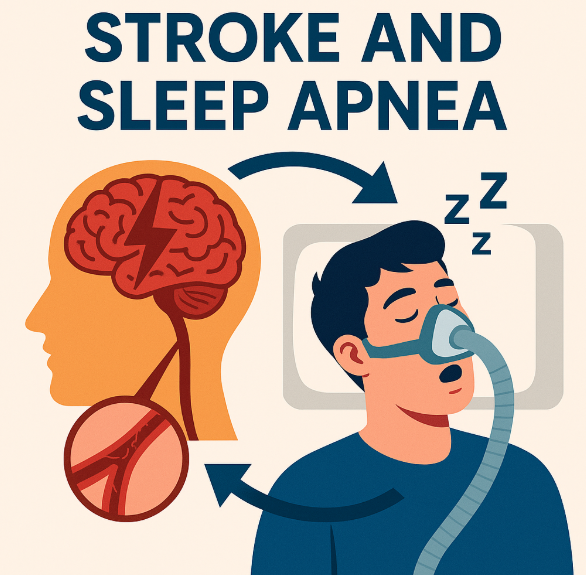
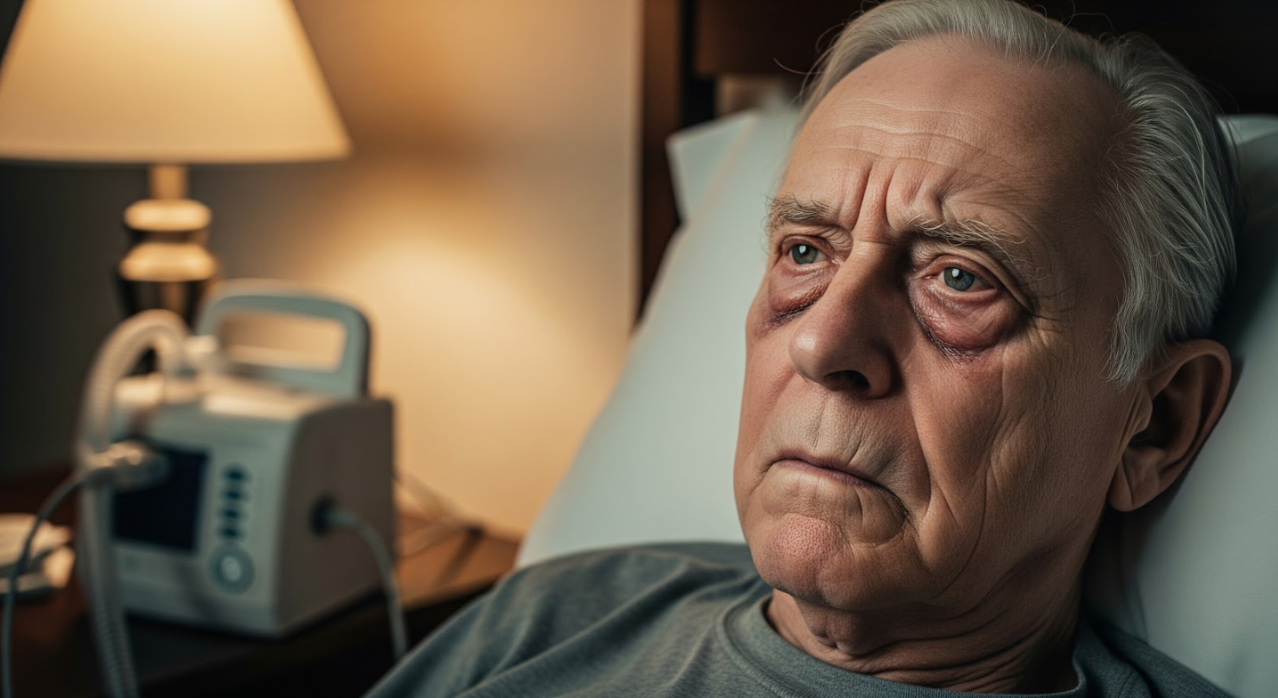































































%20thumbnail.jpg)
.png)